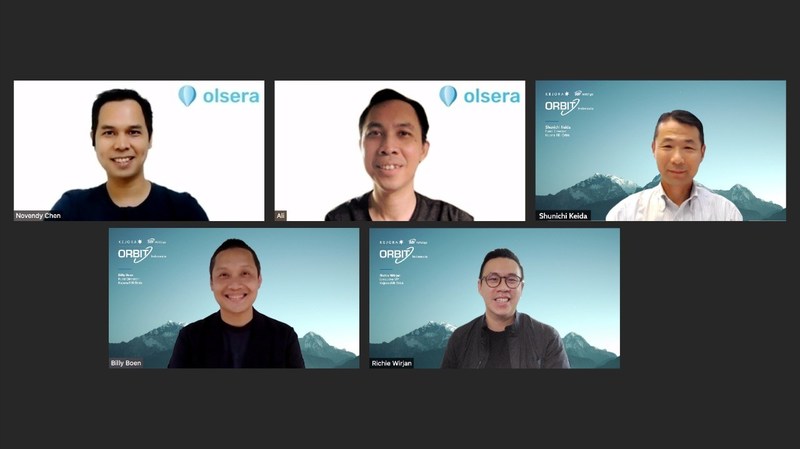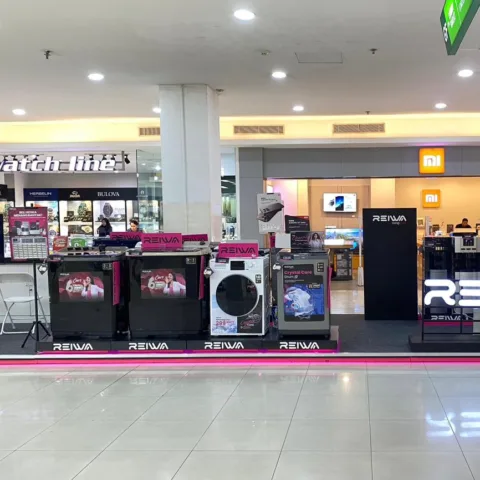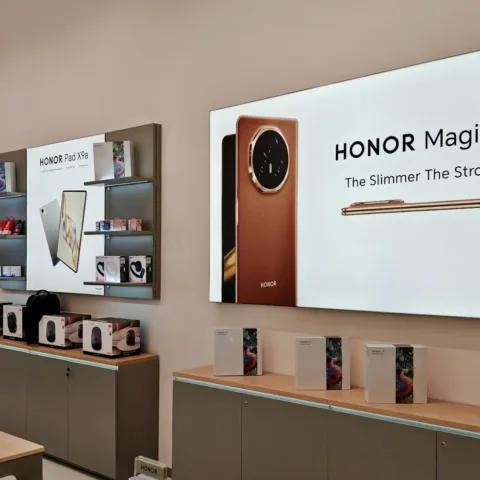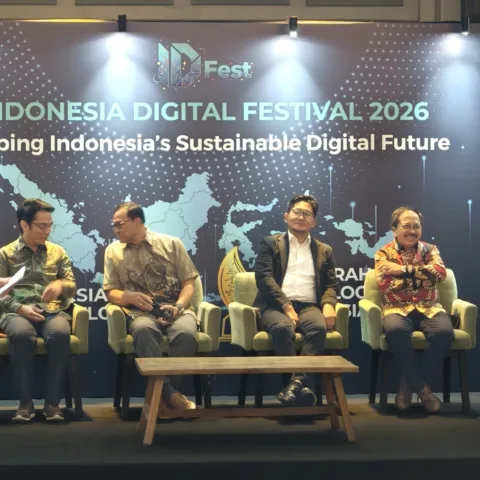The Qasir POS service startup is now integrated with Grab, enabling merchants of both parties to take advantage of each service. This collaboration also supports the acceleration of digitization for micro-entrepreneurs who have been affected since the pandemic.
Qasir’s CEO, Michael Liem explained, in order to optimally support entrepreneurs amid pandemic, the company provides a business collaboration package with GrabFood. This package can be used at an affordable subscription fee.
“Since the pandemic, digital platforms, which were only considered as alternative tools for doing things in daily life, have turned into a primary need. Even those who are not familiar with digital technology are forced to use technology if they want to survive. This also happens to our MSMEs partners,” said Mike, as he usually called.
He said that before this collaboration began, the Covid-19 pandemic had an impact on reducing Qasir merchant turnover by 40% during March-August 2020. Therefore, entering the digital ecosystem within Grab is expected to be able to boost the merchant business.
From a business point of view, this opportunity is used to acquire new users in a shorter time. Moreover, in the GrabFood ecosystem, it has netted millions of merchants throughout Indonesia. During the pandemic alone, Grab merchants and agents who just joined reached more than 83 thousand partners.
“The F&B merchants represent around 50% of Qasir’s merchant base. Forging a partnership with Grab which has a wide network will help our business partners to target a larger customer base. This also adds to our opportunity to acquire F&B merchants. ”
Separately contacted by DailySocial, Mike explained that both GrabFood and Qasir merchants can have interconnected services. For Qasir merchants who want to enter GrabFood, they only need to do the activation process. Even GrabFood merchants can register their business on the Qasir application by purchasing the GrabFood Integration feature and running the activation process.
Grab’s competitors have already made a similar integration with Moka – until the full acquisition – to expand the scope of the sales of entrepreneurs to online and offline channels. Regarding the possibility of whether it will also happen in Qasir, DailySocial tried to dig Mike. But he only said, “It is still limited to business cooperation.”
The competition for POS players, he continued, was getting tougher. However, as it is known, the business cake in POS is still very broad. The number of domestic micro-entrepreneurs who have used online platforms to develop new businesses has reached 13%. “What’s more, many entrepreneurs are still not really doing business digitally, so the opportunity is still very big.”
As a differentiation with similar players, he emphasized that Qasir has three important elements. First, Qasir can be used directly for free. This is useful for entrepreneurs who are just starting a business or those looking to digitize their business without having to be burdened with large initial commitments.
Second, to enjoy further features, Qasir provides additional features that are paid in units (pay-as-you-go). One of them is the “Manage Discounts” and “Order Tickets” features which are priced at Rp. 15 thousand (once paid for permanent use). Also, more complex features such as “Business Website” and “Attendance” with subscription concept.
In this Business Website, entrepreneurs can market their products through the website at a cost of less than IDR 200 thousand per year. They only need to enter their business data, while the product catalog is automatically integrated from the Qasir application. Consumers can order directly through the site, choose a delivery service, and the delivery duration is like shopping at an online store in general.
Thus, entrepreneurs can buy the features they need according to their business needs. “This mechanism makes Qasir more “budget-friendly”,” he said.
Mike continued, “Finally, Qasir tries to provide complete features for all needs, so that entrepreneurs don’t have to find and manage other additional applications that will take time and effort,” he concluded.
–
Original article is in Indonesian, translated by Kristin Siagian













